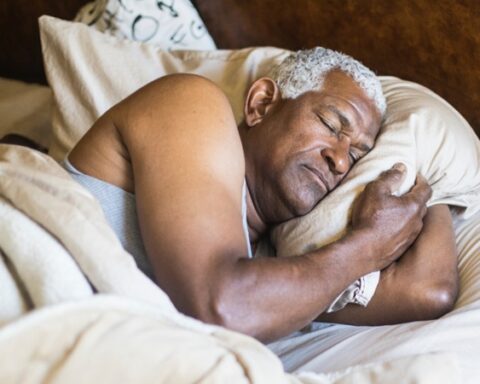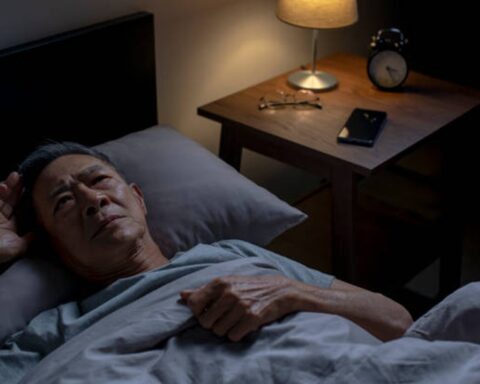A sleep expert has spilled the beans on the key to a good night’s rest.
In a chat with Dr Karan Rajan on his YouTube channel, Stephanie Romiszewski stressed the importance of nailing down your wake-up time regardless of how well you slept the night before.
“Think of the brain like a small puppy,” she explained, underscoring the need for regularity and patience. The expert added that it’s crucial to get up at roughly the same time each day.
Stephanie warned against the temptation to snooze for extra hours, saying, “The more we lie in, and teach our brains that actually you want a couple of hours of extra sleep… you’re confusing your brain.”
And she debunked the myth that sleeping in aids recovery, noting that it actually just prolongs the dreaded sleep inertia or grogginess.
The sleep expert advises heading to bed only when tired but still sticking to the same wake-up schedule, promising: “After a couple of weeks, if you’re fairly consistent, you will start to notice that your sleepiness becomes way more predictable.”
Dr Karan advised ditching sleep tracking, arguing that knowing the amount of rapid eye movement or non- rapid eye movement sleep isn’t necessary and could even lead to undue worry, reports the Express.
For night shift workers, Stephanie still suggests maintaining up to two consistent wake-up times to keep some regularity. “Specifically for night shift workers, using sunglasses, for example, when you go home in the morning is incredibly helpful.”
When it’s time to catch some z’s, even if it’s in broad daylight, strive to make your surroundings as dark as possible. The expert pointed out that if you can still spot items in your room, then it’s not sufficiently dark.
“Even if you have to use an eye mask, it’s really important you get that darkness,” she said.
Sleep is said to be as important as food and water for survival, affecting almost every organ in the body from your heart to your lungs. It helps brain function too, maintaining the pathways for learning and memory creation.
Sleep occurs in five stages that repeat every 90 minutes, including light sleep, deep sleep and rapid eye movement, sleep. Most people sleep best at a temperature between 65 and 68 degrees Fahrenheit – rooms that are too warm can disrupt a body’s natural temperature.
Screens and devices can be disruptive to sleep.
Four tips to sleep better
- Consistent wake-up time
- Only go to bed when you’re sleepy
- Wear sunglasses
- Use an eye mask.
Courtesy: Vikki White, Mirror





